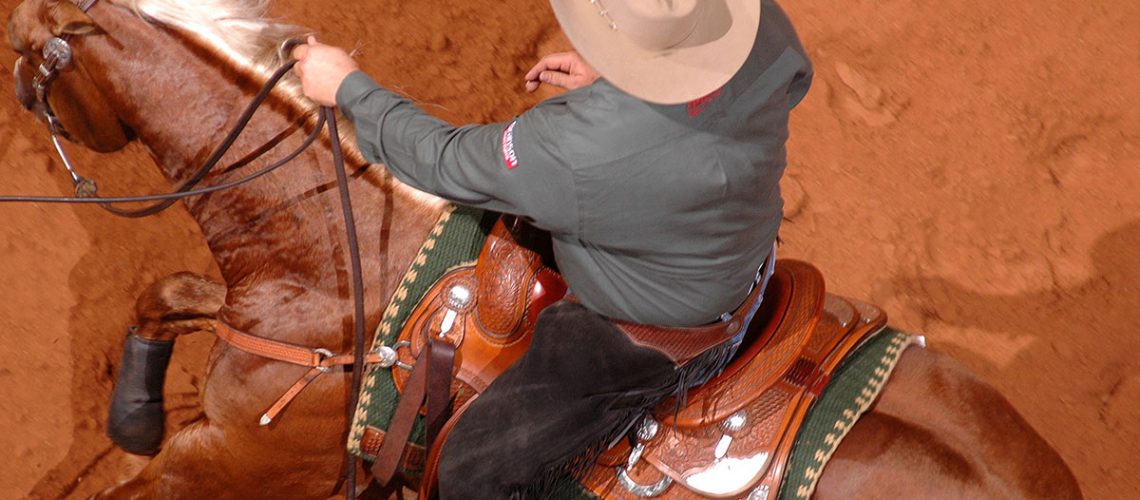Building a Strong Foundation in Horse Training
Horse training is a rewarding yet challenging endeavor that requires patience, consistency, and a deep understanding of equine behavior. Whether you’re a novice rider or an experienced equestrian, establishing a solid foundation in horse training is crucial for building trust and preparing your horse for competition. This article outlines the essential steps to develop a successful horse training program.
Understanding Your Horse’s Behavior
One of the first steps in horse training is to understand your horse’s behavior and natural instincts. Horses are prey animals, and their flight or fight responses can significantly influence their reactions to training. By observing and interpreting your horse’s body language, you can tailor your training approach to suit their individual needs.
Establishing Trust Through Groundwork
Groundwork is the cornerstone of any successful horse training program. It involves exercises that help establish trust and respect between you and your horse. Some key groundwork exercises include:
- Leading: Teach your horse to follow you willingly and respectfully.
- Desensitization: Gradually expose your horse to new objects and environments to reduce fear and anxiety.
- Yielding to Pressure: Train your horse to move away from pressure applied by your hands or equipment.
Consistency and Patience in Training
Consistency is critical in horse training. Regular, short training sessions are more effective than sporadic, lengthy ones. Patience is equally important, as pushing a horse too quickly can lead to resistance and anxiety. Always end training sessions on a positive note to reinforce good behavior and build your horse’s confidence.
Preparing Your Horse for Competition
Once you’ve established a solid foundation through groundwork and trust-building exercises, you can begin preparing your horse for competition. This stage involves more specialized training tailored to the specific discipline you plan to compete in, such as dressage, show jumping, or barrel racing.
Advanced Training Techniques
Advanced training techniques vary depending on the discipline but generally include:
- Conditioning: Build your horse’s strength and stamina through regular exercise.
- Skill Development: Focus on specific skills required for your chosen discipline, such as jumping techniques or precise movements.
- Mental Preparation: Expose your horse to competition-like environments to reduce stress and improve focus during actual events.
Health and Nutrition
A well-balanced diet and regular veterinary care are essential for keeping your horse in peak condition. Ensure your horse receives the necessary nutrients to support their training regimen and monitor their health closely to prevent injuries.
The Path to Successful Horse Training
The journey to successful horse training is a blend of understanding, patience, and consistent effort. By laying a strong foundation through trust-building and groundwork, and progressively advancing to specialized competition training, you can develop a well-rounded, confident, and competitive horse. Remember, every horse is unique, and adapting your training approach to suit their individual needs will yield the best results.
With these steps, you are well on your way to building a trusting relationship with your horse and achieving success in the competitive arena.
For more information on horse training tips and events, visit our website and create your free account today.
